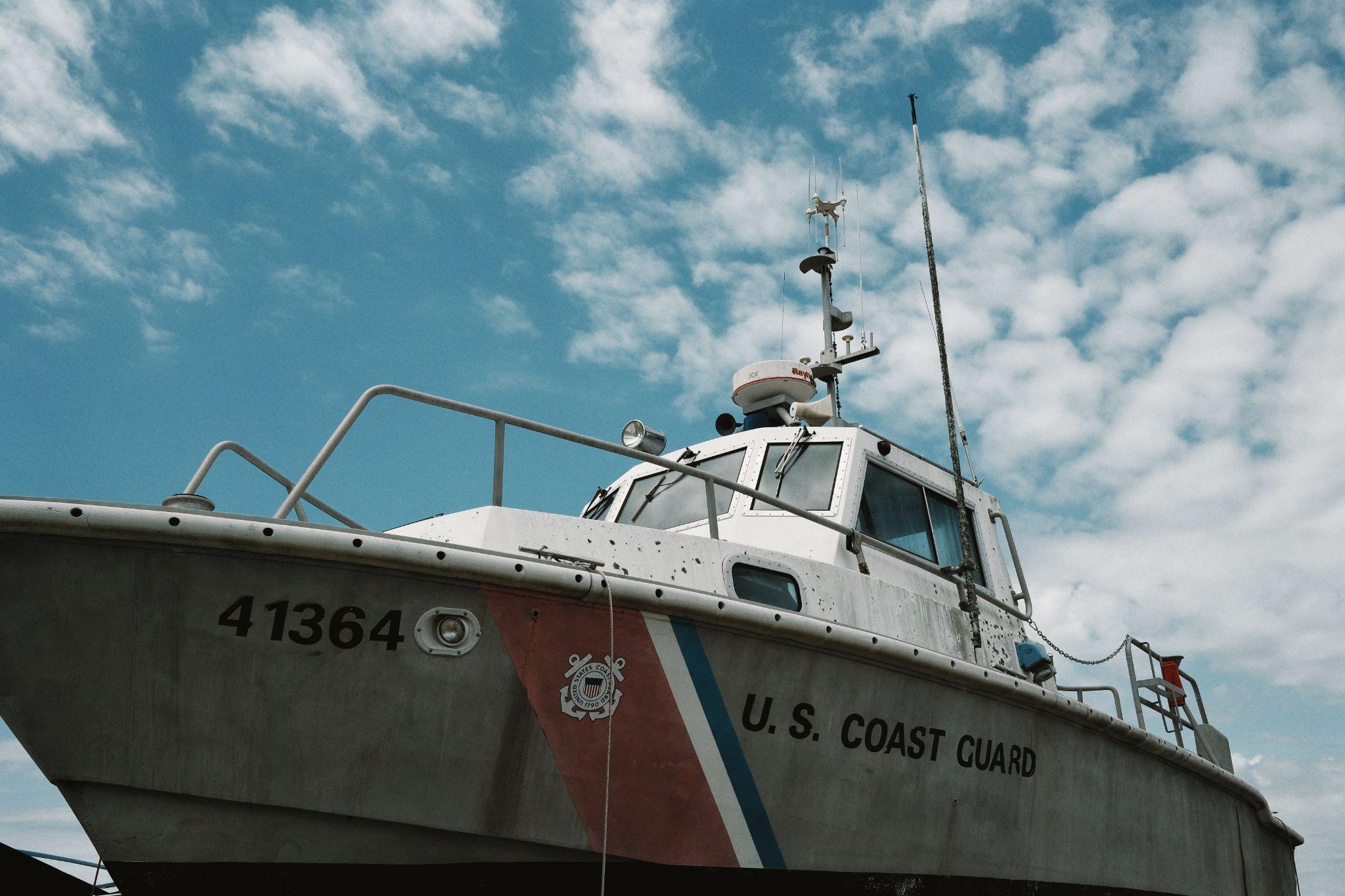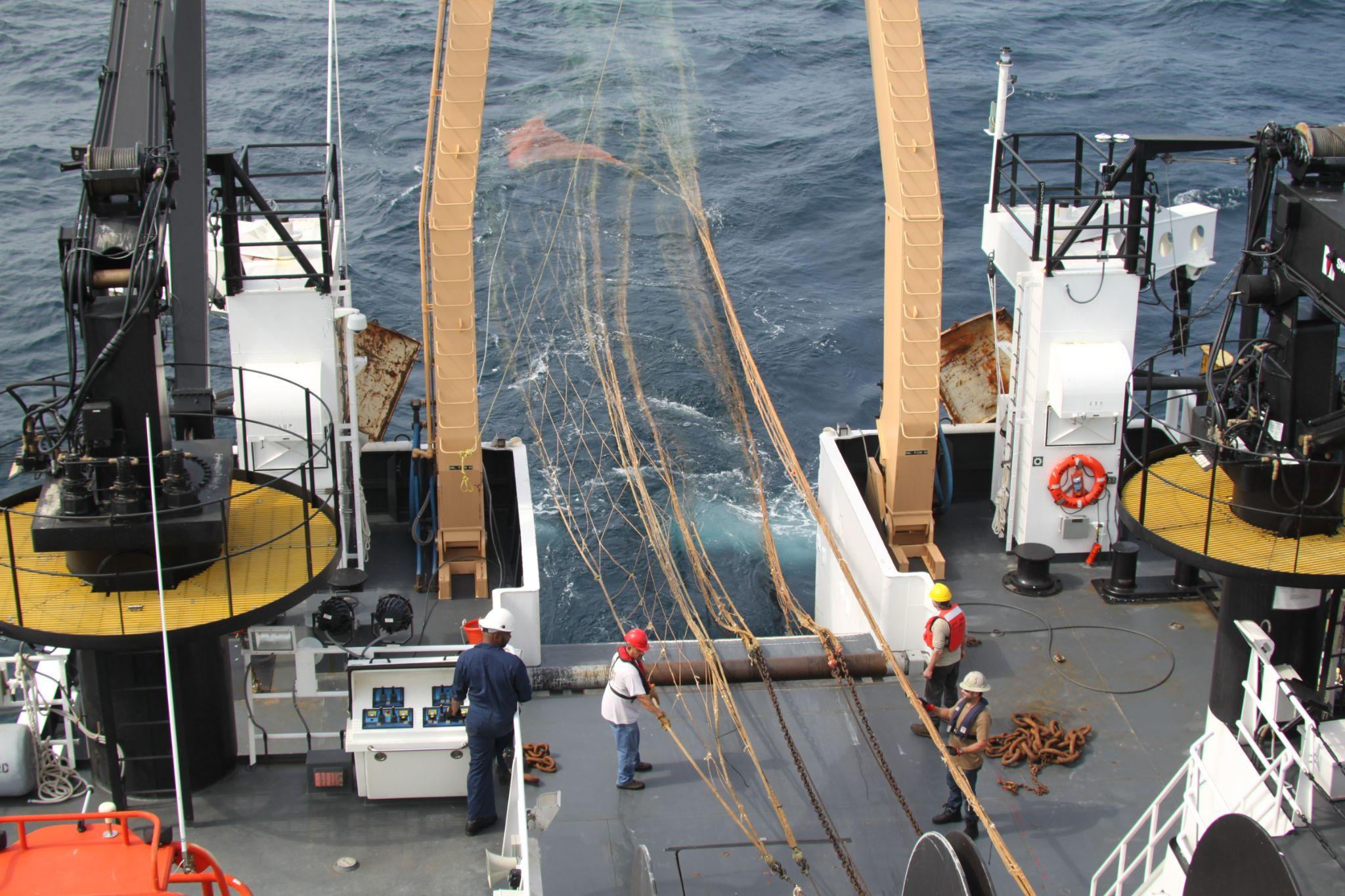The Public Vessels Act of 1925 changed maritime law by allowing individuals and employees who are injured aboard a public vessel to sue the United States government for damages. What are the requirements to file for compensation under the PVA and does it apply to injuries you or a loved one sustained? These frequently asked questions about the Public Vessels Act will provide the answers.
What Is the Public Vessels Act or PVA?
The PVA was passed in 1925 to hold the U.S. government responsible for damages that were caused by a “public vessel” owned, chartered, or operated by the federal government. Prior to the Public Vessels Act, the United States had sovereign immunity and could not be named as a defendant in a lawsuit based on damages caused by the vessel or compensation for towage and salvage.
What Is a Waiver of Immunity?
The language of the PVA includes a waiver of immunity. By passing the Public Vessels Act, the U.S. government voluntarily waived their sovereign immunity to close a gap that allowed maritime workers to be without legal recourse if they were injured on or around a public vessel. By waiving this immunity, the law allows civil actions in admiralty to be brought and filed against the U.S. government itself in specific circumstances.1
How Does the Public Vessels Act Work?
Like the Jones Act and other federal laws that protect injured maritime workers, the PVA is fault-based. Lawsuits filed under the PVA must prove that negligence occurred that caused damages. Proof of negligence is a common requirement for personal injury lawsuits, meaning that someone had a duty which they breached, resulting in injury, property damage, or loss of life. Claims of unseaworthiness may be filed if a public vessel was not properly maintained or if the crew and equipment were not sufficient to operate the vessel safely.
Who Is Covered by the Public Vessels Act?
The PVA covers employees of U.S. government contractors or the United States government itself who have been injured or killed working aboard vessels owned or chartered by the U.S. government. Enlisted military personnel are not eligible to file lawsuits under this act. The law applies to other U.S. citizens and to foreign nationals if their home country allows the same legal remedies to U.S. nationals in similar circumstances.1
What Are the Requirements for a Lawsuit Under the PVA?
The requirements to file a lawsuit under the Public Vessels Act are similar to those of other cases under maritime law, with some exceptions. To receive compensation for maritime injuries under the PVA, these conditions must be met:
- There must be proof of negligent actions or an unseaworthy vessel.
- The lawsuit must be filed within two years of the damage, injury, or death (effectively within 18 months to meet other requirements).
- The injured party must be a U.S. citizen or the citizen of a country that would allow a U.S. national to file for similar compensation under its own laws (the reciprocity requirement).
- The action that caused the injury was not the result of a “judgment or choice” which is not clearly defined within federal law or policy (the discretionary function exception).
What Is Considered a Public Vessel?
A public vessel is one that is owned or chartered by the United States government and not used for commerce.2 These include a wide variety of ships such as:

- Ferries that sail between two points of a highway
- Public transportation ships
- Firefighting boats
- Vessels used for marine and wildlife conservation or enforcement
- Coast Guard vessels
- Military Sealift Command vessels
- Government-owned vessels operated by private contractors
What Damages Can Be Claimed Under the Public Vessels Act?
The Supreme Court has determined that PVA cases may be filed for wrongful death and damages; however, decisions on the precise types of damages that can be awarded vary based on lower court precedent and geographic location. As someone who was injured or lost a family member to an accident aboard a public vessel, you may be eligible for compensation that includes:
- Medical expenses for emergency care and ongoing treatment
- Loss of wages during recovery
- Loss of future income and earning potential
- Short-term or long-term disability
- Pain and suffering experienced as a result of your injury
Do I Have a Case Under the PVA?
If you lost a loved one or were injured while working on a public vessel, you should consider seeking advice from an experienced maritime injury attorney who can determine if the Public Vessels Act is applicable to you. To win a lawsuit and receive compensation for maritime injuries under the PVA, you and your attorney must:

- Establish that you or your loved one is qualified to file a lawsuit under the PVA.
- Show proof of negligence that caused your injury or loss.
- File within the statutes of limitations.
- Defend against the discretionary function exception.
What Is the Statute of Limitations for the Public Vessels Act?
The statute of limitations to file a claim under the PVA is technically two years, which is less than the standard three years under general maritime law. However, it is important to be aware that all suits filed under the Public Vessels Act are subject to a six-month denial period or administrative claim requirement. This means that you and your attorney really have only 18 months to file a claim. Time is of the essence if a family member or you are injured aboard a public vessel.
What if My Injury Occured on a Private Vessel?
If your injury occurred on a private vessel, it would most likely be covered under another maritime law like the Suits in Admiralty Act of 1920, the Jones Act, or the Longshore and Harborworkers Compensation Act. Consulting with a maritime injury lawyer can provide specific answers about which laws may apply to your situation.
How Is the PVA Related to the Suits In Admiralty Act?
The Suits In Admiralty Act or SIAA provides similar protections as the Public Vessels Act, but it allows individuals to file maritime claims against the government that do not involve a public vessel directly. If U.S. government personnel are negligent while performing functions that are not specific to the operation of a public vessel, claims might be filed under the SIAA. One example might be if your vessel is struck by a ship owned by the United States and you were injured by the negligent actions of government personnel during a subsequent rescue operation.
Should I Talk to a Lawyer About My Maritime Injuries?
There are many protections under maritime law for those who are injured on board or in service to a vessel. The team of experienced maritime attorneys at Maintenance and Cure have a successful track record in helping victims receive full compensation from ship owners, private corporations, and even the United States government.
You might be eligible for financial compensation under the Public Vessels Act or under one of the many other federal admiralty laws that apply to dockworkers, passengers, and workers in the oil, gas, and energy industries. The only way to reach a full understanding of your rights under the Public Vessels Act or other applicable maritime laws is to speak to an expert in the field today.
How Much Does It Cost to Speak to an Experienced Maritime Injury Lawyer?
You can speak to an experienced maritime attorney for a case evaluation at no cost to you. With time being a limiting factor in filing a case, taking immediate action is the best way to protect yourself and your family’s financial future after an injury at sea. We have helped thousands of maritime workers receive the full compensation they deserve. Contact Maintenance and Cure today to schedule your free consultation and find out how much you might benefit from the protections provided by maritime law.
Sources:


